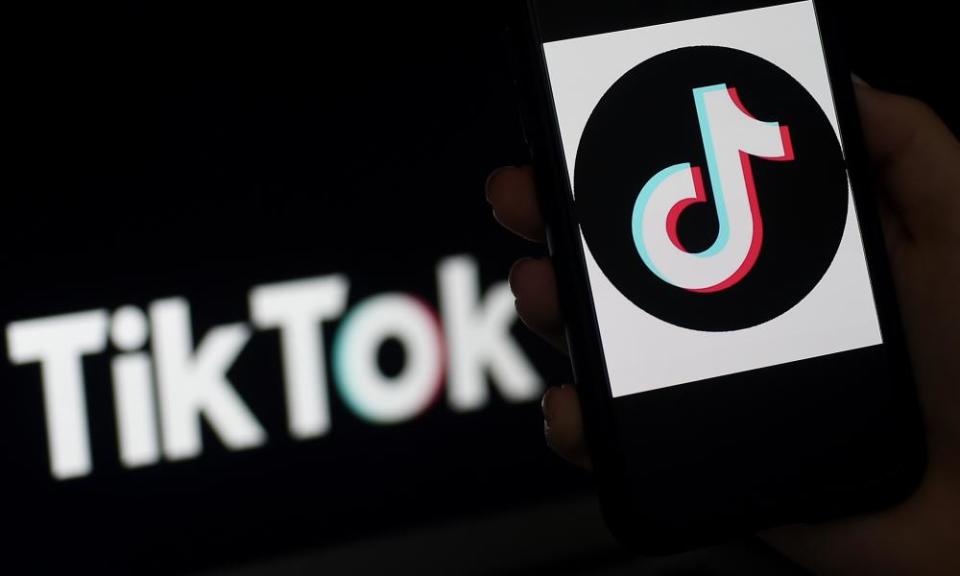There are calls to ban TikTok in Australia – but you should worry about Facebook too

The concern over what data TikTok might be collecting on its users and providing to government authorities should be a concern for every app, not just those linked to China.
This week, in response to calls to ban the app in Australia, TikTok wrote to Australian politicians to say it was being used as a “political football” in the diplomatic fight between Australia, the US and China, and claimed it was misinformation to suggest the app was providing user data back to the Chinese government, or storing Australian data within China.
In the political furore that has followed the app in the United States, it was reported – through Apple’s beta release for its upcoming iOS 14 update for iPhones and iPads – that the app had been reading the clipboard information on users’ devices (that is where something is stored when you click copy on text or an image).
TikTok has said it did this in order to detect users spamming comments, and has since fixed it.
Related: TikTok tells Australian MPs to stop using it as ‘political football’ amid rising China tensions
The Washington Post also had a look under the hood of the app and found that while it was sending an “abnormal” amount of data back to servers (none of which the Post could determine were based in China), it was the standard phone information which apps often use to fingerprint a device, and similar to what other apps such as Facebook collect.
The fact that it is similar to Facebook ought not to be a cause for relief, but a reminder that although people are now worried about the national security implications of what apps might be collecting on us, it can often pale in comparison to the privacy implications of what apps collect on us, if just for advertising purposes.
It’s likely there will be many more stories of users catching out apps doing things we don’t expect them to do, in part because the upcoming release of iOS 14 has been centred on user privacy.
It’s the latest in a long line of gradual tightening up by Apple over what apps and websites can know about iPhone users. New features already alert users when location is being tracked in the background, and others give users the option to sign up to apps with anonymised Apple email addresses rather than their own.
In iOS 14, this security goes a step further. In addition to alerting users to acts like clipboard monitoring, now users will know exactly when their microphone or camera is being accessed by an app with an indicator in the status bar.
We will finally be able to put to bed the long-running but unproven claims that Instagram is serving ads based on what people say near their phones.
Users will also be able to block an app tracking you across other apps on your phone or websites, and apps will need to declare what data they’re collecting on users.
A lawsuit has already been filed against LinkedIn for – like TikTok and dozens of other apps – reading people’s clipboards, according to Reuters.
These new privacy alerts will not be of interest to everyone. Many people have adopted the attitude that, to paraphrase the debate that happened when the Covidsafe contact tracing app launched, “you willingly already handed this data over to Facebook, why should you care?”
The only reason governments or politicians have raised concerns about what apps or websites collect on their users is when it has political or national security implications, such as TikTok or Cambridge Analytica, or when gay dating app Grindr was sold back to a US company after national security concerns were raised about the app’s then-Chinese owners.
All tech companies are subject to the laws of the countries they operate in and must make a judgement call as to whether to abide by those laws. The transparency reports put out by Twitter, Google, Facebook and even TikTok reveal just how many requests from government authorities they receive each year and whether they comply with them (in some cases).
Ultimately, giving users more control over what is collected in the first place would mean people are not caught by surprise when these companies are collecting this data, and can make a more informed choice about what they’re comfortable in handing over.
“I think people have to be quite conscious in this digital age that all of these platforms, they all go back to places and people are knowingly handing over their data and their information and all of these things,” the prime minister, Scott Morrison, said when asked about TikTok.
The knowledge now is only going to increase; the question in the future will be whether the data will be willingly handed over.

 Yahoo News
Yahoo News 